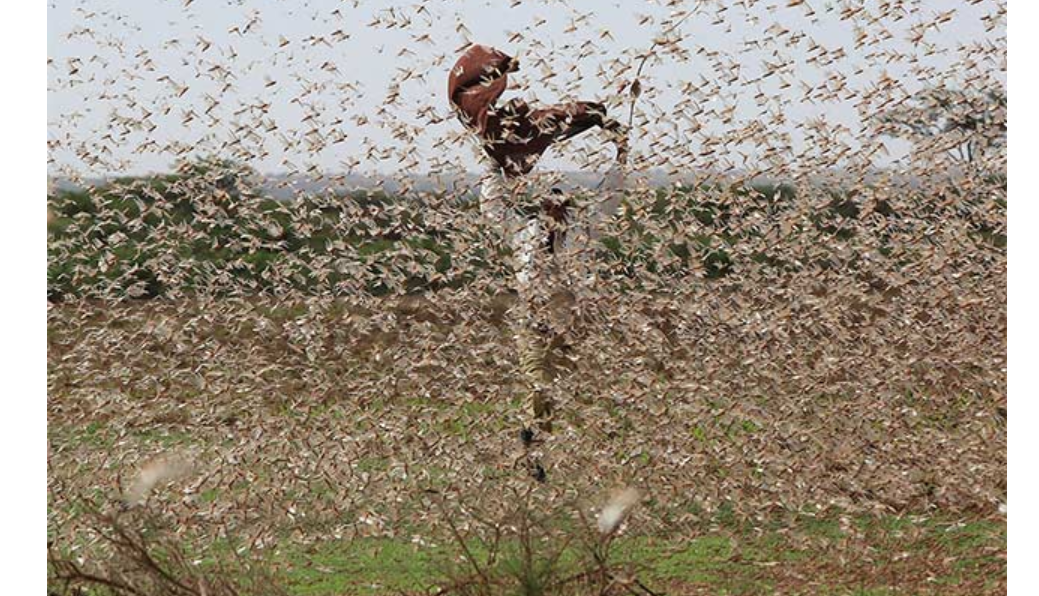World Bank supports Kenya's response to threat posed by desert locust
Kenya is facing the worst desert locust invasion in 70 years that has affected the already vulnerable northern region of the country.

- Country:
- Kenya
The World Bank Board of Directors approved a $43 million International Development Assistance (IDA)* credit for Kenya as part of a larger regional Emergency Locust Response Project to respond to the threat posed by the desert locust outbreak and to strengthen Kenya’s system for preparedness.
Kenya is facing the worst desert locust invasion in 70 years that has affected the already vulnerable northern region of the country. The locust swarms, which crossed into Kenya from Ethiopia and Somalia on December 28, 2019, and have since spread to twenty-eight counties, pose a severe food security threat to about 3 million people.
“Without immediate intervention, the locust attack could lead to a deterioration in food security towards the end of 2020 and a possible rise in food prices,” said World Bank Country Director for Kenya, Felipe Jaramillo. “We are working with other development partners to provide, restore and enhance the livelihoods of affected farmers, pastoralists and vulnerable households that have been affected by the locust attack and are food insecure.”
The Kenya component of the Emergency Locust Response Project will provide immediate surveillance and locust management measures to halt the spread of the pests. It will protect and restore livelihoods by shielding the poor and vulnerable in locust affected areas from human capital and asset loss. The project will prioritize coordination and early warning preparedness interventions by establishing and strengthening a Locust Control Unit (LCU) within the Plant Protection Services Division (PPSD) of the Ministry of Agriculture at the national level to prevent future outbreaks from spiralling out of control.
“This project will further strengthen the Ministry of Agriculture’s ongoing efforts in managing the locust attack. It will also enable technical support and assistance to the Ministry in enhancing their early warning and preparedness systems and to the counties in restoring livelihoods of the affected pastoralists and farmers,” said World Bank Task Team Leader for Kenya, Vinay Kumar Vutukuru.
ALSO READ
UNESCO, Lukenya University plant 10,000 trees in Amboseli's Biosphere Reserve
Clinging to ropes, passengers escape bus swept away by Kenya floodwater
Kenya proposes maritime treaty to defuse Ethiopia-Somalia tensions
Kenya proposes regional maritime treaty to end Ethiopia-Somalia dispute
Kenya recalls J&J children's cough syrup over suspected toxicity










